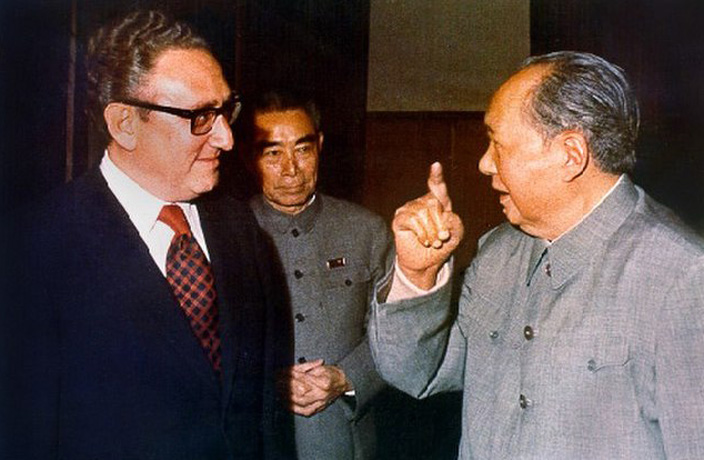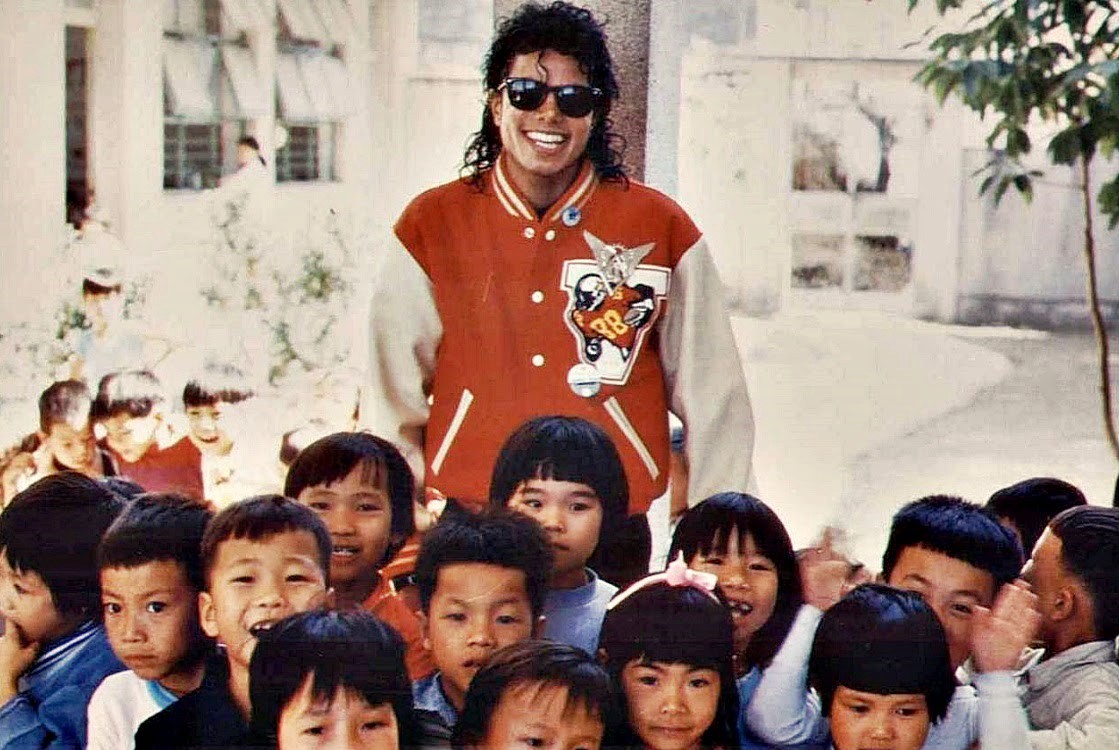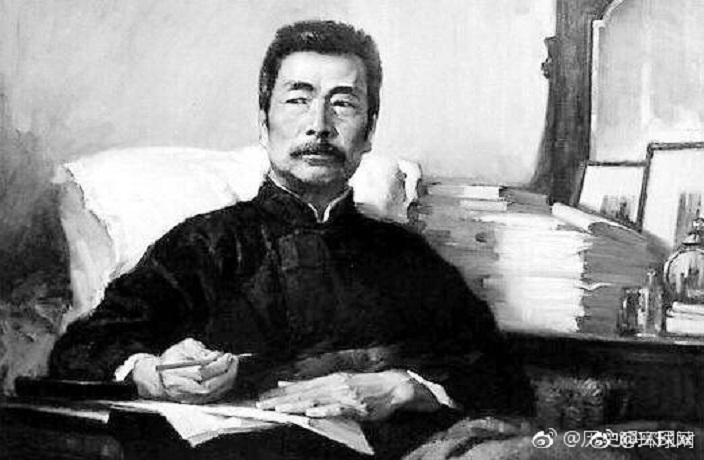Alcohol in China has been around longer than some modern-day countries have been nations. With such an extensive history, the reasons why Chinese choose to booze have varied greatly, as has the way alcohol became directly tied to its culture, art and economy.
Though the beginning of the production of alcohol predates written history in China, the first documented microbrewers, Yi Di and Du Kang, figured out the process during the Xia Dynasty (2100-1600 BC). Diana E. Alonzo writes in her case study 'Chinese Baijiu': “At the time… Chinese people started living in communities along the Yellow River valley, the plantation of various kinds of grain laid the foundation for making wines and alcohol.”
Beer began to be consumed throughout the area afterwards. Later on, in the Shang Dynasty (around 1600-1046 BC), it was used during ceremonies as an offering to spirits, a process written about on oracle bones and later discovered by archeologists.
Many years later, alcohol was used to show opulence, with the last emperor of the Xia Dynasty constructing a manmade lake of wine large enough for him to sail around in a boat with his concubine and friends.
In the third century AD, it acted as a lubricant for artistic inspiration, such as among the Seven Sages of the Bamboo Grove, a group of scholars, writers and musicians who often criticized the court and its administration. Alcohol and drunkenness also feature prominently in Chinese poetry, especially in the works of Li Bai, such as in his poem 'Waking from Drunkenness on a Spring Day.'
At the start of the Chinese nature poetry movement, everyone gathered at the Orchid Pavilion to drink wine from cups floated down the river to them as they composed poems. Wang Xizhi wrote China’s arguably most famous calligraphy piece about the day’s experience, aptly titled: 'Preface to the Poems Collected from the Orchid Pavilion.'
Wine is also sprinkled throughout folklore too, such as in the story of Wu Song in the Chinese classic Water Margin. Under the influence of 18 bowls of wine, Wu defeats a tiger with his bare hands, going on to become the town constable. Alcohol shaped art and art shaped the people, with all the above helping to solidify its use not only for artistic expression but bravery and manliness (read: tiger fighting). Alcohol even seeped into Chinese proverbs, such as the axiom: “Consuming alcohol assists with removing deceit and revealing the truth." Other old sayings praised alcohol for bonding among friends, maintaining good health and even improving sexual performance.

Fast-forwarding to more recent times, alcohol experienced a decline in 1966 with the beginning of the Cultural Revolution. In Norman Smith’s book Intoxicating Manchuria: Alcohol, Opium, and Culture in China's Northeast, he writes, “the Cultural Revolution swept government control [of alcohol production] to the sidelines and caused declining official production until 1970.” However, this lull in production stopped after Deng Xiaoping’s economic reforms took effect at the beginning of the 1980s.
It was after the reforms that China’s general economy started growing, in tandem with its production and consumption of alcohol. The average annual consumption rate per capita rose in China from 2.5 liters of pure alcohol in 1978 to 6.7 liters in 2010 (as reported by The Economist). Alcohol not only became easily accessible but cheap to purchase and widespread throughout the country. People had disposable income to spend on celebrating weddings, national festivals and outings with friends – in all of which alcohol played an increasingly expected role.
Today, the Chinese drink alcohol in KTV rooms, during business dinners and even teachers can be seen having a beer on school outings sometimes. Unlike the West, stigmas don’t exist about drinking during the day or even to excess while trying to conduct a business transaction.
Though the drinking age is 18, it’s not strictly enforced. Alcohol isn’t heavily taxed, and no laws restrict the time of the day where it can be bought or consumed. While China does have strict laws about drunk driving and only allows a blood alcohol concentration of 0.02 in drivers, those who want to drink can use the efficient public transit system. Therefore, most of the ways in which a country can curb drinking and enforce regulations on consumption haven’t been heavily implemented in China.
A rise in binge drinking and Alcohol Use Disorders (AUDs) in the nation was recently reported by the World Health Organization in January of 2013. However, the relationship the Chinese have with alcohol has also led to greater economic development. CNBC reported in July that China is set to become the largest beer market in value in the world by 2017, and it’s already the number-one beer market in volume. While CNBC attributed this forecasted growth to disposable income and a large amount of the population reaching the drinking age during this time, these other factors along with a history so closely tied to booze, clearly contribute as well.
With more beer should come more responsibility, specifically through public education about AUDs being real diseases and awareness about resources like Alcoholics Anonymous. Also, more funding of medicines and programs to treat addiction would help those already struggling with alcohol dependence or abuse. Yet in a country where alcohol has been revered from ancient times and now drives economic profit, increasing alcoholism will likely spread further before it gets adequately addressed.





















0 User Comments